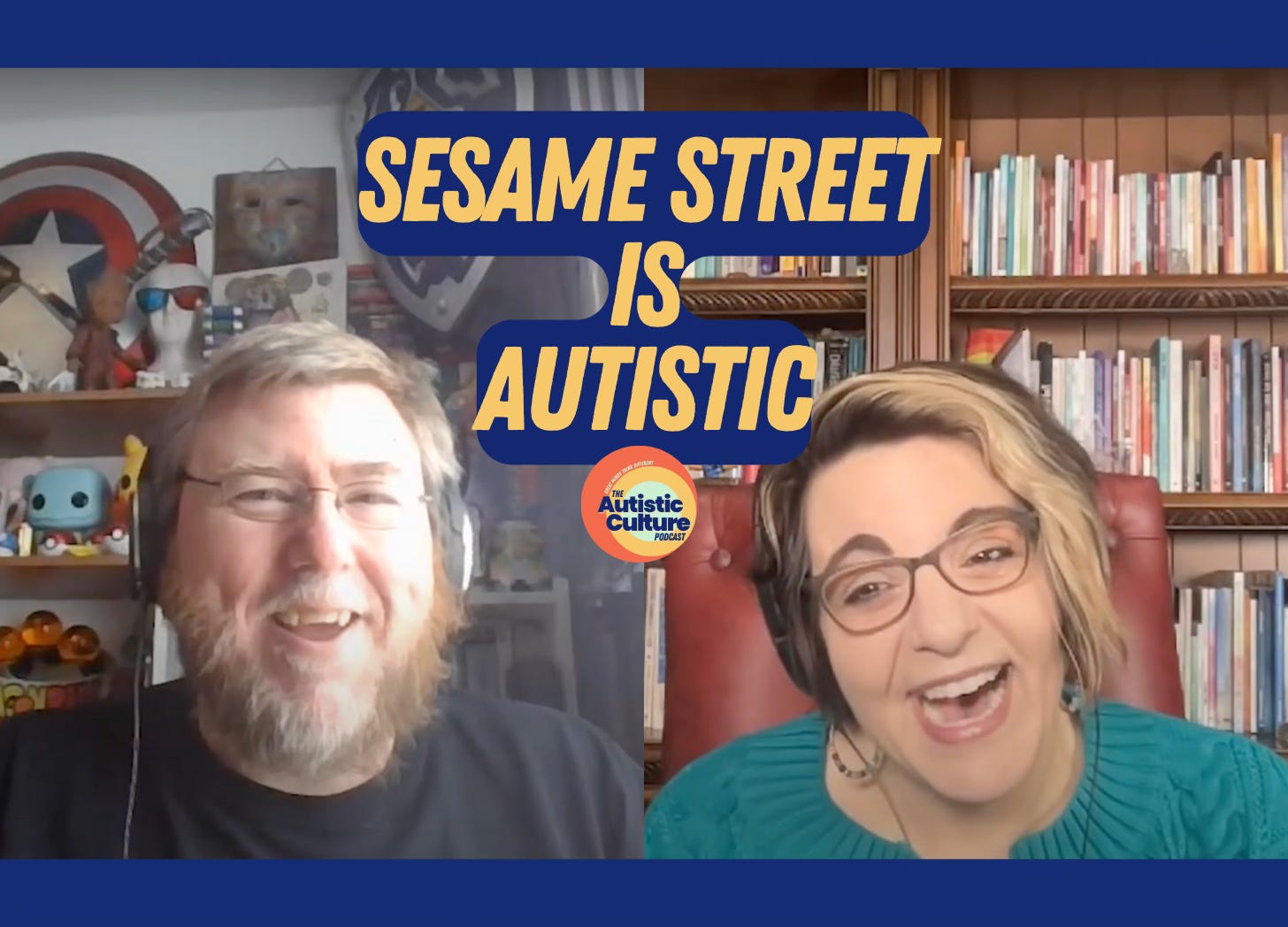
In this episode of The Autistic Culture Podcast:
On this week’s virtual culture trip, Matt Lowry and Angela Lauria discuss the origins of Sesame Street, created with the goals of promoting equality, acceptance, and education through family entertainment.
The podcast hosts highlight how Jim Henson's Muppets brought commercial-like musical segments to captivate kids' attention and teach letters/numbers. The character Bert displays many Autistic traits and is discussed as a positive representation of Autistic adults.
The new Sesame Street muppet, Julia, was first introduced as part of an autism initiative with input from ASAN (the Autistic Self Advocacy Network) to create authentic representation. However, Sesame Street has since controversially partnered with and accepted funding from Autism Speaks—an organization criticized for promoting eugenics that is widely viewed as a hate group in the Autistic community (including promoting a 100 day kit that involves having a funeral for your very-much-still-alive Autistic child or children). Sesame Street soon faced backlash from the Autistic community who felt betrayed by the new inaccurate and harmful portrayal. Soon after, ASAN cut ties with Sesame Street.
“Yeah, and this is the big difference between the Autistic community and the autism community. Because the Autistic community is comprised of Autistic people, Autistic families, and people who, again like us, see autism as a culture and something that is to be celebrated rather than fixed, the autism culture tries to separate autism from the person and…It's like a gremlin that lives in your child's brain that is to be defeated instead of to be understood.” —Matt
The hosts reflect on how capitalism and corporate sponsorships can undermine even well-intentioned media like Sesame Street from fully promoting acceptance of neurodiversity. They explore the nuances of representation in media and how the Autistic community can work towards better representation moving forward.
Angela: You know, love yourself, accept yourself, and learn your neurology—there's not a lot of people making money off of that.
Matt: That's the thing, that's the thing. There is so much money to be made from, quote, ‘curing the autism,’ but self-acceptance is free.
They also address Sesame Street’s long history of listening to and uplifting the voices of actually Autistic individuals since it’s founding.
Despite not always getting it right, Sesame Street has been influenced by, and has contributed to, Autistic Culture significantly over the decades. They conclude by encouraging listeners to educate others on Autistic experiences, as many parents may not be aware of these issues. Sharing positive stories of Autistic people is key to broadening acceptance and understanding.
Did you grow up loving Sesame Street? Do you find the characters relatable? Tell us about it in the comments?
Illuminaughtii on Autism Speaks
Frank Oz at Jim Hensen’s Memorial
Street Gang: How We Got to Sesame Street, appeared in 202
Looking for kid-friendly Autistic characters? Check out: Episode 22: Trains are Autistic and Episode 18: Ponies are Autistic
Check us out on Instagram
Find us on Apple podcasts and Spotify
Learn more about Matt at Matt Lowry, LPP
Matt’s social media: Autistic Connections Facebook Group
Learn more about Angela at AngelaLauria.com and Difference Press
Angela’s social media: Twitter and TikTok
TACP’s Autism-affirming TeePublic merch shop
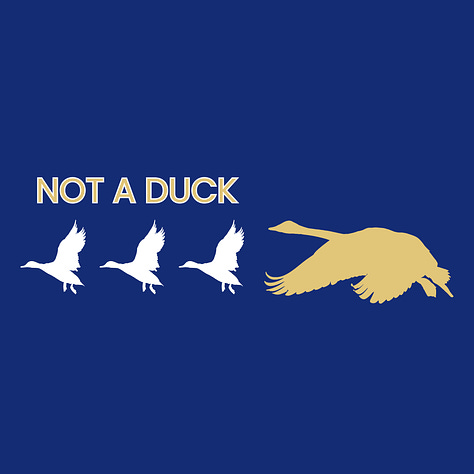
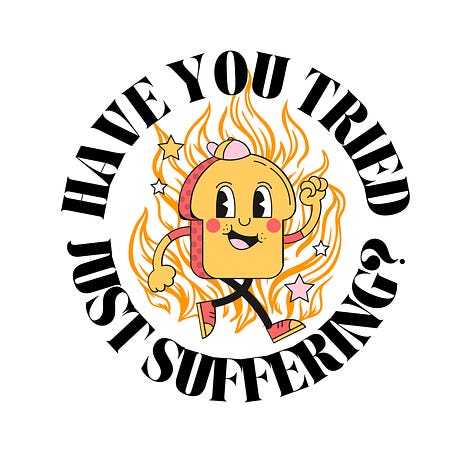




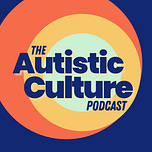





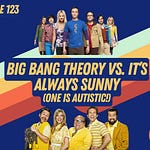




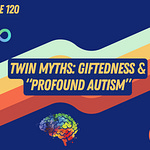
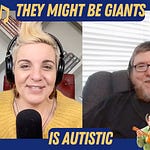
Share this post